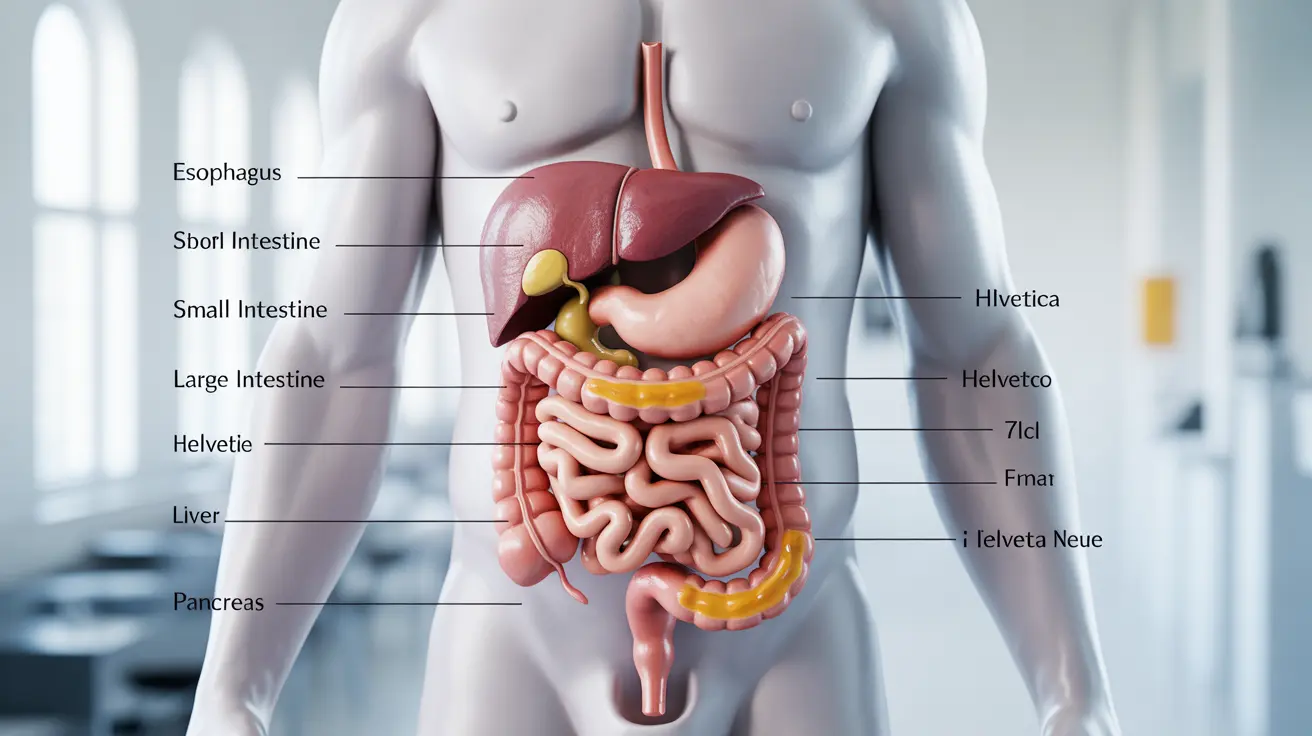Living with unexplained digestive symptoms can be frustrating and concerning. If you're wondering whether you might have Irritable Bowel Syndrome (IBS), you're not alone. IBS affects between 10-15% of adults worldwide, yet many people struggle to recognize its signs or know when to seek medical help.
Understanding the hallmark symptoms of IBS and knowing how it's diagnosed can help you take the first step toward getting proper treatment and relief. Let's explore the key indicators of IBS and what you should know about getting an accurate diagnosis.
Common Signs and Symptoms of IBS
IBS manifests differently in each person, but several core symptoms typically indicate its presence:
Abdominal Pain and Discomfort
The most characteristic symptom of IBS is recurring abdominal pain or discomfort, typically occurring at least one day per week. This pain often improves after bowel movements and may be accompanied by bloating or cramping.
Changes in Bowel Habits
People with IBS commonly experience alterations in their bowel movements, including:
- Diarrhea (IBS-D)
- Constipation (IBS-C)
- Alternating periods of both (IBS-M)
- Changes in stool frequency and consistency
Additional Warning Signs
Other common IBS symptoms include:
- Excessive gas and bloating
- Mucus in the stool
- Feeling of incomplete bowel movements
- Urgency to use the bathroom
Getting a Professional Diagnosis
IBS diagnosis involves a systematic approach that typically includes:
The Rome IV Criteria
Doctors use specific diagnostic criteria known as the Rome IV criteria, which require recurring abdominal pain associated with defecation changes for at least three months.
Medical History and Physical Examination
Your healthcare provider will conduct a thorough review of your symptoms, medical history, and physical examination to rule out other conditions.
Red Flag Symptoms Requiring Immediate Attention
Certain symptoms are not typical of IBS and require immediate medical evaluation:
- Unexplained weight loss
- Blood in the stool
- Severe abdominal pain
- Symptoms that wake you from sleep
- Family history of colon cancer or inflammatory bowel disease
Understanding IBS Triggers and Management
IBS symptoms often have specific triggers that can be identified and managed:
Common Triggers
- Certain foods and beverages
- Stress and anxiety
- Hormonal changes
- Sleep disturbances
- Irregular eating patterns
Management Strategies
Effective IBS management typically involves a combination of approaches:
- Dietary modifications
- Stress reduction techniques
- Regular exercise
- Adequate sleep
- Possible medication (as prescribed by a healthcare provider)
Frequently Asked Questions
What are the most common symptoms that indicate I might have irritable bowel syndrome (IBS)?
The most common symptoms of IBS include recurring abdominal pain, changes in bowel habits (diarrhea, constipation, or both), bloating, and gas. These symptoms typically occur at least once a week and may improve after having a bowel movement.
How do doctors diagnose IBS and distinguish it from other digestive conditions like IBD or celiac disease?
Doctors diagnose IBS using the Rome IV criteria, which includes a detailed medical history, physical examination, and potentially ruling out other conditions through blood tests, stool samples, or colonoscopy when needed. Unlike IBD or celiac disease, IBS doesn't show physical damage to the digestive tract.
What should I do if my bowel symptoms include blood in the stool or unexplained weight loss?
Blood in the stool and unexplained weight loss are red flag symptoms that require immediate medical attention. These symptoms are not typical of IBS and could indicate more serious conditions that need prompt evaluation and treatment.
Can stress or certain foods trigger IBS symptoms, and how can I manage these triggers?
Yes, both stress and certain foods can trigger IBS symptoms. Management strategies include keeping a food diary to identify trigger foods, practicing stress reduction techniques like meditation or yoga, and working with healthcare providers to develop a personalized management plan.
How can I tell if my IBS causes diarrhea, constipation, or a mix of both, and what treatments are available for each type?
IBS is typically classified as IBS-D (diarrhea-predominant), IBS-C (constipation-predominant), or IBS-M (mixed type) based on your most common symptoms. Treatment approaches vary by type and may include specific dietary changes, fiber supplements, anti-diarrheal medications, or laxatives as appropriate, always under medical supervision.




